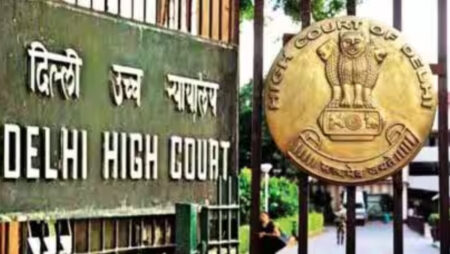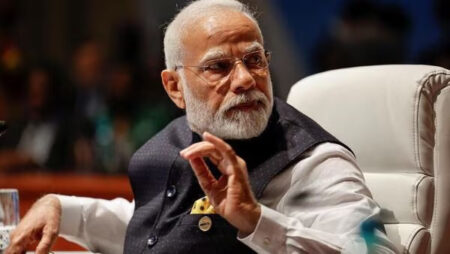The Court dismissed a petition submitted by Prakash Singh, who claimed that a French news agency, ‘Agence France Presse,’ had engaged in racial discrimination and harassment against him. newspapers not performing functions
Even though a newspaper or a press agency is established by an Act of Parliament, the Delhi High Court has said that such an organization involved in the distribution of news cannot be considered to be performing a “public role.”
As a result, such organizations are not subject to the writ jurisdiction of the High Courts under Article 226 of the Constitution, which is a public law remedy not available for private wrongs.
As a result, single-judge Justice Yashwant Varma dismissed a petition submitted by Prakash Singh, who claimed that a French news agency, ‘Agence France Presse,’ had engaged in racial discrimination and harassment against him.
“While it is true that the second respondent was established by an Act of the French Parliament, it is important to emphasize that a newspaper or an agency that disseminates news cannot be considered to be fulfilling a public role,” the Court stated.
The petitioner’s lawyer claimed that the respondent news agency was established under a statute passed by the French parliament.
It was also argued that its fundamental functions would demonstrate that it was an autonomous civil institution established to gather complete and objective information in France and abroad and to make that information available to users in exchange for money.
The Court, on the other hand, interpreted terms like “public function” and “public obligation” to mean functions carried out by the government in its sovereign role.
The Court also pointed out that the petitioner’s service contract with the French news agency lacked any legislative flavor.
The Supreme Court’s judgments in Ramakrishna Mission & Anr. vs. Kago Kunya & Ors. and Binny Ltd. Vs. Sadasivan were cited in this respect.
It was held in the latter decision that a writ of mandamus, or the remedy under Article 226, is primarily a public law remedy and is not commonly available as a remedy for private wrongs. While a writ could be issued against any private body or person, especially given the wording employed in Article 226, the scope of mandamus is confined to the enforcement of public duties, according to the Supreme Court’s ruling.
As a result of the foregoing, the High Court ruled that the petition could not be maintained.
The petitioner was represented by advocate Raghav Awasthi.
Union of India was represented by lawyers Piyush Beriwal and Geetanjali Tyagi. Krishnan Kartik, an attorney, appeared on behalf of the news agency.
newspapers not performing functions













